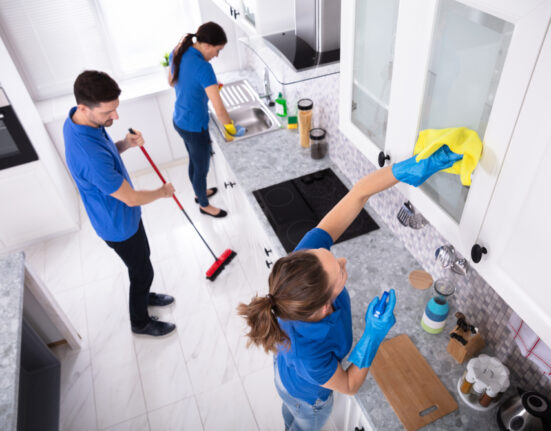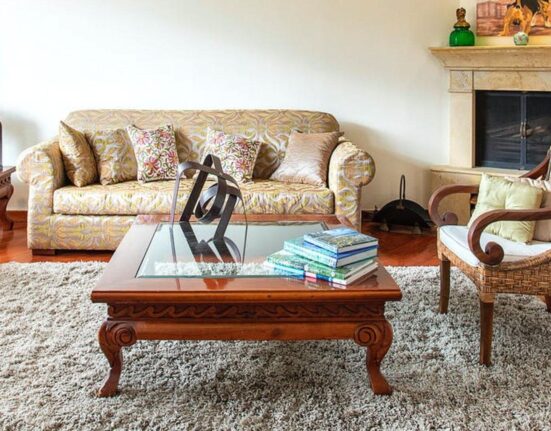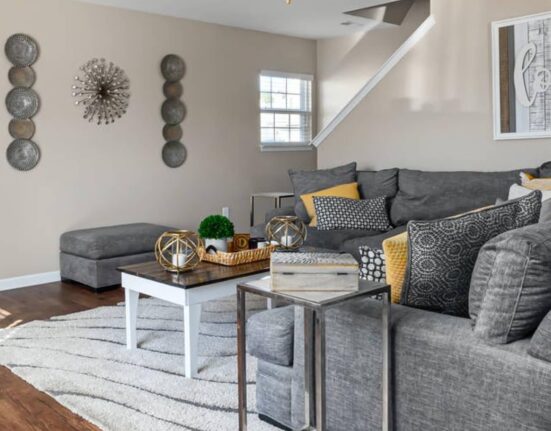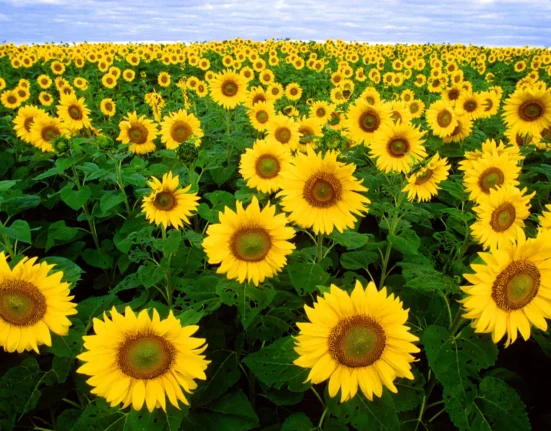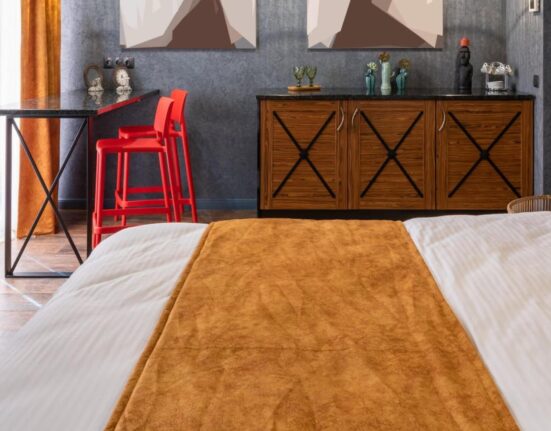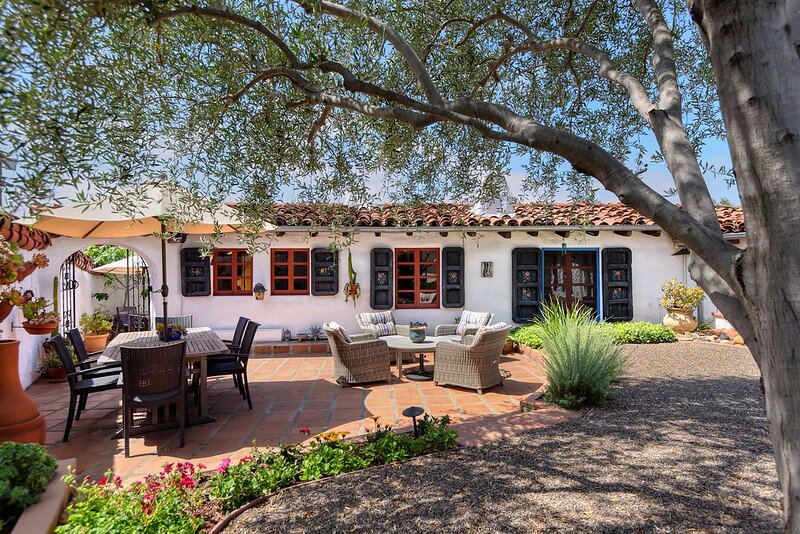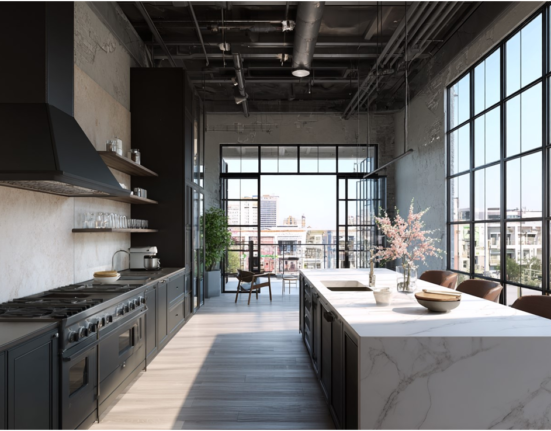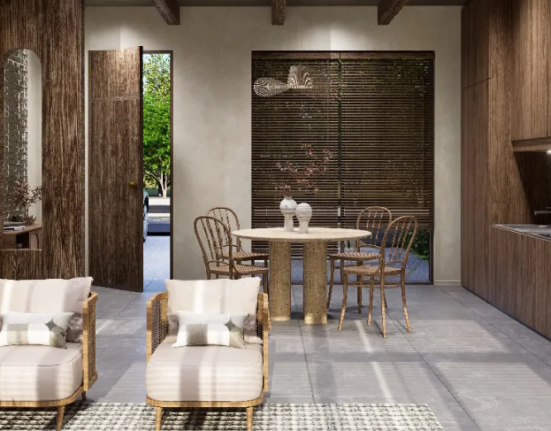A Mexican ranch house is more than just a dwelling; it’s a piece of culture steeped in history, art, and the rich traditions of Mexican architecture. From sun-drenched courtyards to thick adobe walls that keep the interior cool, these homes offer a unique and inviting experience. In this article, we’ll take an in-depth look at what makes a Mexican ranch house special, exploring its history, design elements, and why it remains a beloved architectural style to this day.
The Origins of the Mexican Ranch House
A Rich Cultural History
The Mexican ranch house has roots that stretch back centuries, drawing influence from Spain and indigenous Mexican cultures. Spanish colonists brought their architectural style when they settled in Mexico, and over time, these European designs merged with native techniques to create the Mexican ranch house we know today. The result is a home that’s beautiful and perfectly suited to Mexico’s warm climate and landscape.
Evolution Over the Centuries
Initially built to accommodate large families and withstand the harsh elements of rural life, the Mexican ranch house evolved from simple, functional spaces into stunning craftsmanship showcases. As communities grew and technology advanced, homes became more intricate, showcasing Mexican artistry through hand-painted tiles, carved wood, and ironwork.
Essential Design Elements of a Mexican Ranch House
Open Courtyards and Outdoor Living Spaces
One of the most striking features of a Mexican ranch house is the use of open courtyards. These courtyards are often at the center of the home and serve as a place for relaxation, gatherings, and enjoying nature. Here are some common characteristics:
- Central Courtyard (Patio Central): A space typically adorned with plants, fountains, and sometimes shaded seating areas.
- Outdoor Kitchens and Dining: Many Mexican ranch houses feature outdoor spaces where meals can be prepared and enjoyed.
Adobe Walls and Earthy Materials
Using natural materials plays a significant role in creating the authentic look and feel of a Mexican ranch house. Adobe walls, often coated with a white or neutral plaster, provide excellent insulation, keeping the home cool during hot days and warm during cooler nights. Other typical materials include:
- Clay Roof Tiles: Known for their durability and rustic look.
- Wood Beams (Vigas): Exposed wooden beams add character and warmth to ceilings.
- Handcrafted Tiles: Often found in kitchens, bathrooms, and on staircases, showcasing vibrant colors and intricate designs.
Vibrant Colors and Textures
Mexican homes are known for their bold use of color. A Mexican ranch house is no exception, often incorporating warm, earthy hues like terracotta, deep reds, and rich yellows. These colors help create a welcoming and vibrant atmosphere. Textures are just as important and can be seen in elements such as:
- Textured Plaster Walls: Adds depth and visual interest.
- Woven Fabrics and Rugs: Bring softness and cultural flair to living spaces.
- Wrought Iron Fixtures: Used in light fixtures, stair railings, and gates for a touch of elegance.
Why Mexican Ranch Houses Are Perfect for Modern Living
Embracing Indoor-Outdoor Harmony
Mexican ranch houses have endured for so long because of their seamless blend of indoor and outdoor spaces. The central courtyard design and large, open windows and doors promote airflow and natural light. This connection to nature provides a calming and harmonious living environment, perfect for modern homeowners who value a blend of comfort and outdoor living.
Sustainability and Eco-Friendly Design
In a world where sustainability is increasingly important, Mexican ranch houses are ahead of the curve. They use natural materials, which have a lower environmental impact than synthetic alternatives. Adobe, for example, is biodegradable and non-toxic, while clay roof tiles can last for decades with minimal maintenance.
Eco-friendly advantages include:
- Energy Efficiency: Thick adobe walls naturally regulate temperature, reducing air conditioning or heating need.
- Sustainable Materials: Locally sourced wood, clay, and stone are authentic and minimize transportation emissions.
The Heart of the Home: The Mexican Kitchen
A Warm and Welcoming Space
The kitchen is often the heart of a Mexican ranch house, serving as a space for family gatherings and celebrations. Mexican kitchens are full of life and character, with features such as:
- Hand-painted Tiles: Often used for backsplashes or countertops, adding splashes of color.
- Open Shelving: Displays beautiful, practical items like ceramic dishes and copper cookware.
- Large, Sturdy Tables: Perfect for both meal preparation and dining.
Traditional Details
Whether you’re designing a Mexican ranch house from scratch or updating an existing one, including traditional elements is key. Think pottery, handmade dishware, and woven baskets, which all pay homage to the country’s rich artisan heritage.
Modern Touches in Mexican Ranch Houses
Balancing Tradition and Modernity
While a Mexican ranch house holds true to traditional aesthetics, modern interpretations often include sleek, contemporary elements. Homeowners may incorporate:
- Minimalist Furniture: Streamlined sofas and tables to balance the intricate details of the architecture.
- Smart Home Technology: Integrated lighting, security, and climate control systems that blend seamlessly with the home’s traditional features.
Contemporary Color Palettes
Although classic Mexican ranch houses often use warm tones, some modern versions have adopted cooler, more muted shades like blues and greens. These updated color schemes provide a fresh take on the timeless style without sacrificing the warmth and welcoming nature of the home.
The Benefits of Owning a Mexican Ranch House
Spacious and Adaptable Layouts
Mexican ranch houses are known for their expansive, one-story layouts. This design promotes easy movement throughout the home, making it suitable for families of all ages. Large, open spaces can be adapted for various uses, from home offices to playrooms.
Timeless Appeal
A Mexican ranch house’s classic and rustic charm never goes out of style. Its design stands the test of time and adapts well to contemporary touches. Whether restoring an old ranch house or building a new one, its timeless appeal makes it an excellent investment.
A Table of Essential Features in a Mexican Ranch House
| Feature | Description |
|---|---|
| Courtyard (Patio Central) | Metal elements for light fixtures and gates add elegance. |
| Adobe Walls | Thick, plastered walls that provide natural insulation. |
| Clay Roof Tiles | Durable and rustic, ideal for the climate. |
| Wood Beams (Vigas) | Exposed ceiling beams that add character. |
| Handcrafted Tiles | Decorative tiles with intricate, colorful designs. |
| Wrought Iron Fixtures | Wood Beams (Vegas) |
| Open Shelving in Kitchens | Displays practical and decorative items. |
Designing Your Own Mexican Ranch House
Tips for Staying Authentic
Staying true to the traditional elements is key when creating or renovating a Mexican ranch house. Incorporating artisanal pieces, such as handmade pottery or embroidered textiles, keeps the space authentic and lively. Make sure to:
- Choose natural materials like wood and stone.
- Use bold colors in moderation to avoid overwhelming the space.
- Include plenty of natural light through large windows or French doors.
Bringing It All Together
To design a Mexican ranch house that reflects tradition and personal style, balancing old and new. For example, you could pair a traditional adobe fireplace with modern furniture or hang contemporary art pieces on textured, plastered walls.
Final Thoughts on Mexican Ranch Houses
A Mexican ranch house is more than just a home—it’s a testament to the cultural richness of Mexico. With its earthy materials, stunning courtyards, and timeless design, this style of architecture continues to capture hearts worldwide. Whether inspired by the vibrant kitchens, the eco-friendly aspects, or the cozy outdoor spaces, embracing the charm of a Mexican ranch house brings beauty and history into your life.
A Mexican ranch house might be your perfect fit if you’re looking for a home that combines rustic charm with comfort. Whether you’re dreaming of a new build or planning to renovate an existing space, this architectural style promises warmth, character, and a touch of old-world magic.


